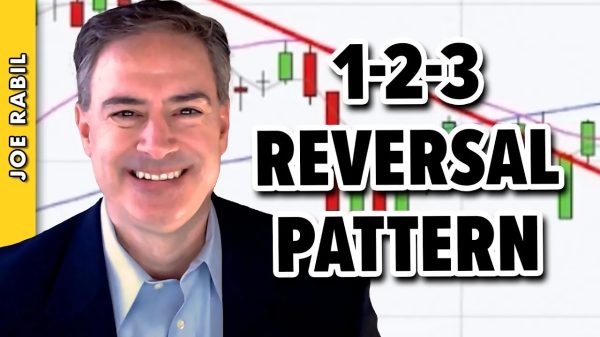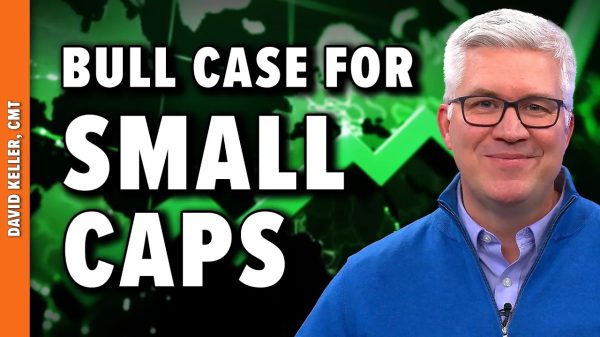HMRC have increased the interest rates payable by taxpayers on late payments, to 7.75% – up from 7.5%, the highest interest charge on late payments since ca. 2001.
Robert Salter, a Tax Technical Consultant with leading tax and advisory firm Blick Rothenberg, said: “With the recent increase in the Bank of England’s official base rate, it should come as no surprise that HMRC have increased the interest rate on late payments. But the increase simply increases the challenges faced by taxpayers at a time of real financial stress.”
He added: “It also reinforces the disconnect between the late payment interest payable by taxpayers compared to the ‘repayment supplement’ which HMRC pay to taxpayers when there is a tax overpayment.”
Robert said: “The late payment interest is due on a wide range of taxes including income tax, national insurance, capital gains tax, corporation tax and stamp duty land tax and means that taxpayers should look at ensuring that they make any payments on a timely basis, as the costs of mistakes and oversights in this area are becoming ever greater.”
He added: “Whilst HMRC have also increased the repayment supplement which is payable to taxpayers in recent months – and this will go up to 4.25% from the 22nd of August, in some ways it is difficult to justify a discrepancy of 2.5% in the headline rate payable to HMRC and the rate that they pay in reverse.”
Robert said: “This is even more so, when one notes that late payment interest may be payable on all late payments – even those which are, for example, purely 1 day late – whereas HMRC will not pay repayment supplement to taxpayers until the ‘relevant date’ has been exceeded.”
He added: “This means, for example, that repayment supplement will only be due for most personal taxpayers from 31st January following a tax year. For example, taxpayers will only receive repayment supplement if a 2022/23 tax refund has not been settled by 31st January 2024, even though in many cases, the tax may have already been ‘banked’ by HMRC for 12 – 18 months by the 31st of January 2024.”
Robert said: “Given that most tax advisors and accountants have seen a significant increase in the number of taxpayers who are waiting for 6 or 9 months for HMRC to issue refunds, it is difficult not to question whether these delays – usually explained on HMRC’s side as ‘additional security checks’ – are just a deliberate policy on HMRC’s part to gain additional revenues as part of the low repayment supplement rate paid to taxpayers.”
Read more:
HMRC increases interest charged on late payments from 22nd August 2023























